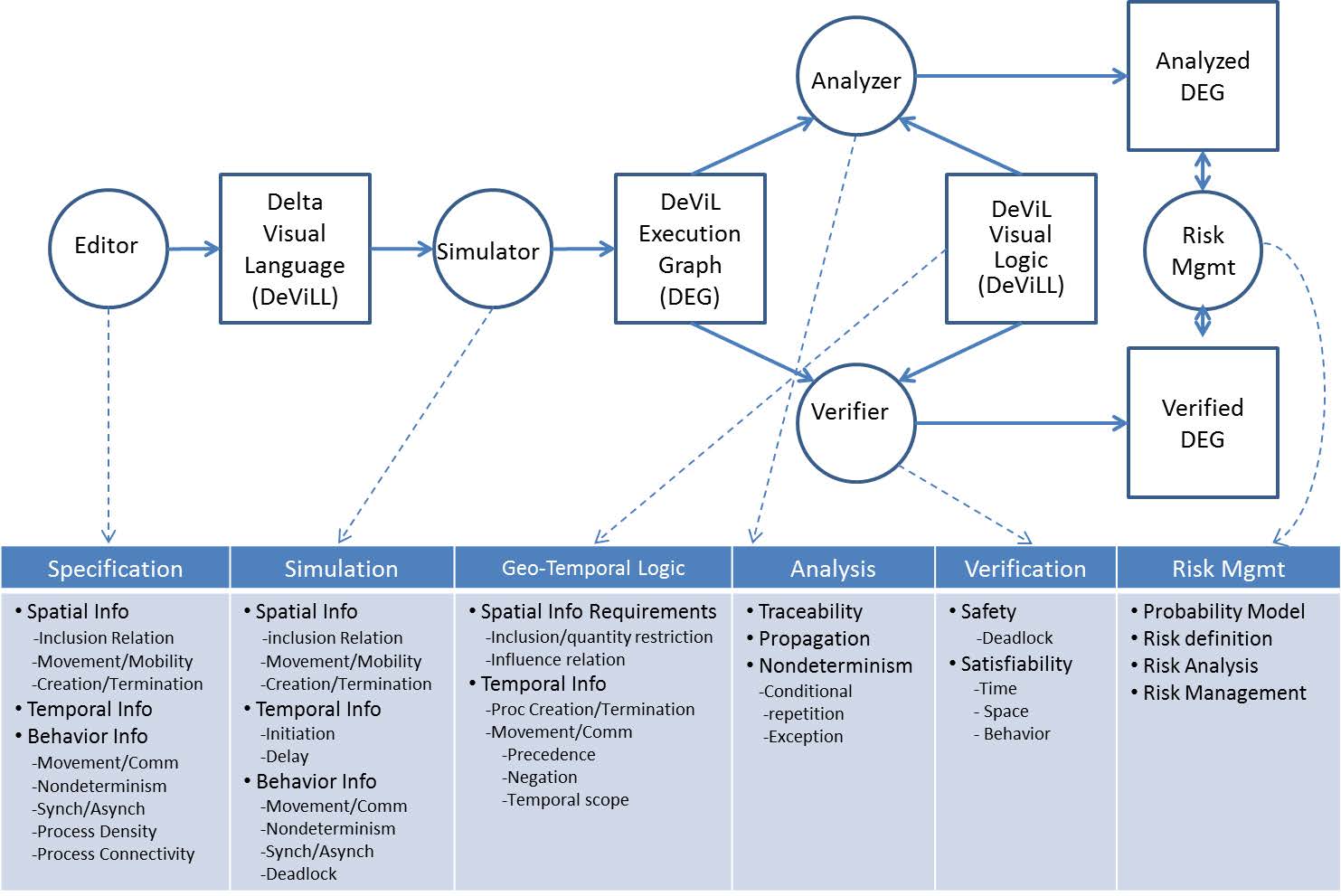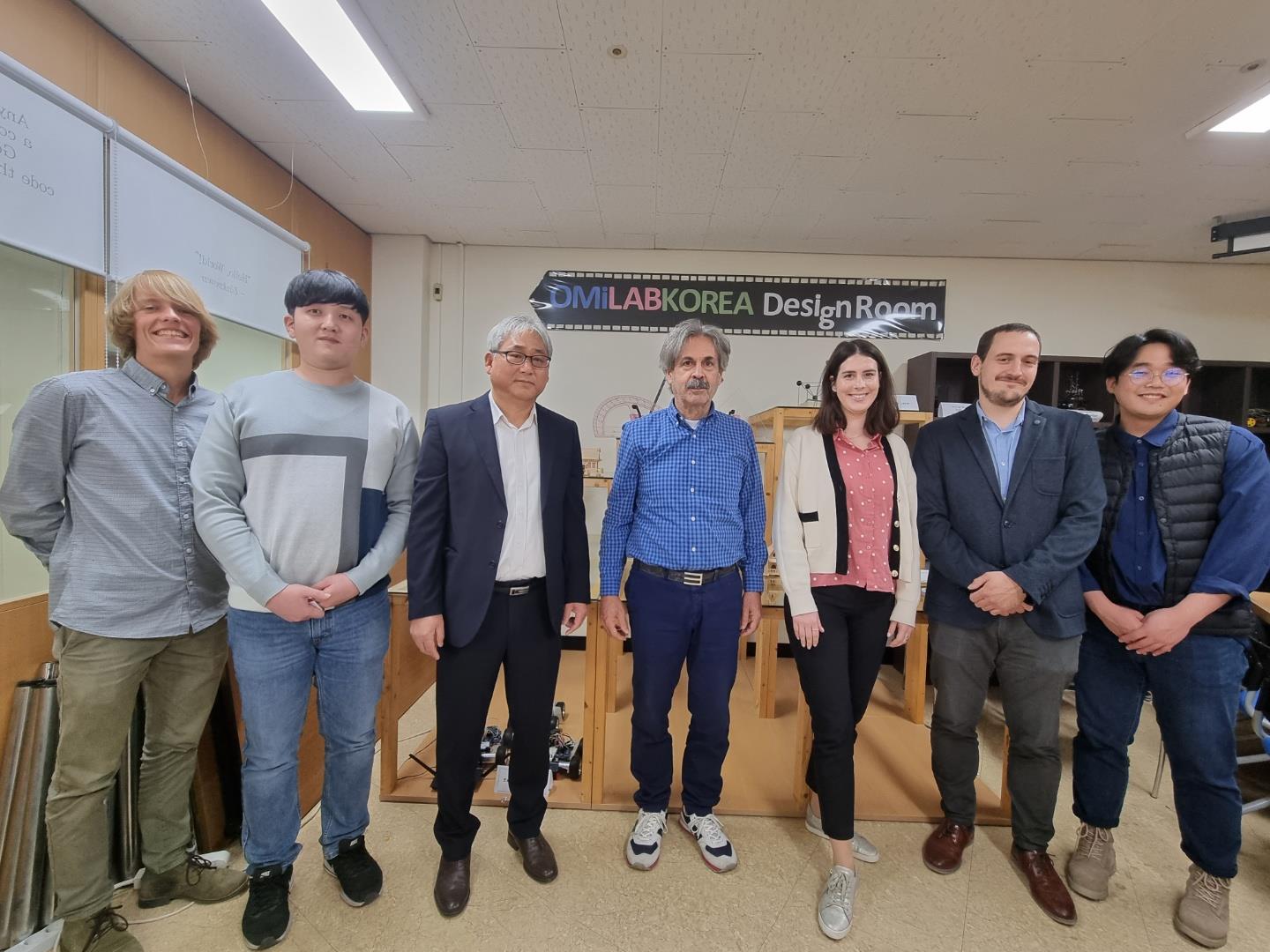Domain-Specific Conceptual Modelling for Analysing Complex Digital Environments - An IoT-based Smart City Case
OMiLAB Nodes Bilateral Cooperation - DeViLL Project

Project Description
The emerging progress in information systems, as currently experienced in many aspects of today’s society improves the lives of many people. New trends like Industry 5.0, Society 5.0, Artificial Intelligence (A.I.), Internet of Things (IoT), and many more impact different aspects of both personal and work life and facilitate the usage of information technology in various application domains. The smart city is one concept that is built on this emerging progress in information systems. These kinds of systems often come with increased complexity. This directly influences the understanding, planning, design, implementation, and continuous improvement of information systems in such complex domains. Conceptual modelling is one way to handle such complexity, as it aims at applying abstraction, to only capture the necessary knowledge of an existing or planned system in an interpretable and understandable form. This added value is further utilized by using computer-aided modelling tools to create, analyze and process the conceptual models, hence enabling model value. Within this project, a domain-specific conceptual modelling method, called DeViLL (Delta Visual Language and Logic), will be created. DeViLL will be based on process algebra (e.g., δ-Calculus, dTCalculus, and dTP-Calculus) to model distributed and mobile IoT systems with spatial and temporal restrictions. To further facilitate the added value of the modelling method, an industry-proven platform will be used to implement a computer-aided modelling tool. The tool will support the creation of diagrammatic models, enable their analysis, and allow for model-value functionality processing. A case study based on a smart city scenario will be used for the evaluation of the modelling method and tool and the information systems designed with it. The testing environment is an instance of the Digital Innovation Environment (DiEn) provided by OMiLAB.
Project Goals
- The design of a modelling method for capturing the dynamic behavior of IoT systems.
- The conceptualization and implementation of a corresponding modelling tool, supporting the simulation and analysis of modelled systems.
- The definition of a case study to evaluate the new modelling method and testing it in DIEn.
- The dissemination of the project results and integrating the outcomes into the OMiLAB community and scientific publications. Further, additional dissemination materials, like e.g., posters and brochures about DeViLL.
Project Workpackages
WP1 Modelling method requirements and design [UNIVIE and CBNU]
WP2 Implementation of the DeViLL method with ADOxx [CBNU with support of UNIVIE]
WP3 Evaluation of DeViLL through a case study and testing environment [UNIVIE with support of CBNU]
WP4 Dissemination and exploitation of project results [UNIVIE and CBNU]
WP5 Project coordination and controlling [UNIVIE and CBNU]

